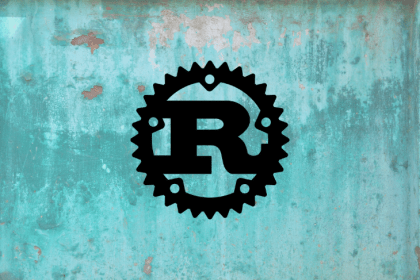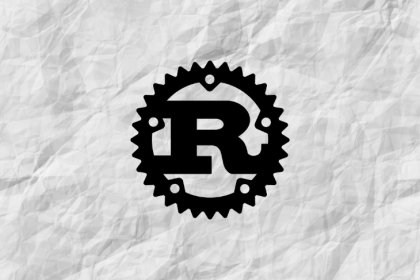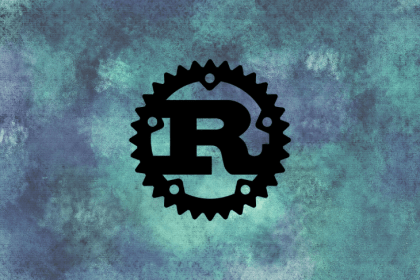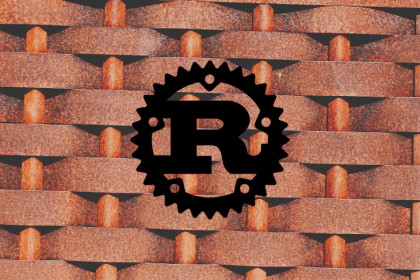
In this tutorial, we’ll show you how to build a very simple peer-to-peer application using Rust and the fantastic libp2p library.

In this tutorial, we’ll demonstrate how to write a very basic URL parser in Rust using the nom parser combinator library.

In this tutorial, we’ll explain how to implement authentication and authorization using JWTs in a Rust web application.

Time and date handling, especially with time zones, are tricky business. Fortunately, Rust’s ecosystem provides us with all the tools we need.

Using small, lightweight libraries and a bit of self-written code to compose a minimal system can help improve performance, maintainability, and code quality.

JSON input validation is a core concern in any modern web application, and the Rust ecosystem already has some great tools for dealing with it.

Configuration management is a core concern in any nontrivial web application, and the Rust ecosystem provides everything you need and more.

The Rust ecosystem provides myriad tools for handling uploads and downloads in a web service, with options to asynchronously stream files for additional speed and flexibility.

In this tutorial, we’ll take a look at the old-school way of writing web applications using templates with all the rendering happening on the server side.

Prometheus has rightfully become an industry standard for collecting metrics. Learn how to collect system and custom Prometheus metrics in a Rust web service.

The Rust ecosystem is growing, and it’s only a matter of time before we see the first Rust and MongoDB apps in production. In this tutorial, we’ll walk through how to use MongoDB in a Rust web service.

In this tutorial, you’ll learn how to test a warp web application, focusing on integration and, more specifically, end-to-end testing.